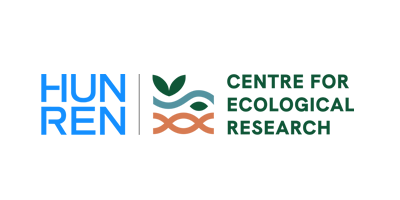Project leader:
Szilágyi, József
Participating researchers:
Báder, László; Négyesi, Klaudia; Nagy, Eszter DóraOur studies on sustainable water resources management are based on two pillars. First, by improving evaporation estimation methods using routine meteorological data, we expect to obtain a more accurate picture of the temporal and spatial distribution of evaporation. Then we continue with the analysis of land use in influencing the microclimate of the region and the impact of the amount and distribution of evaporation.
Data analyses will be carried out to better understand what is needed to maintain the climatic equilibrium of a landscape. Over the past centuries, human interventions (increasing ratio of built-up areas, intensive agriculture, river regulation, flood control, etc.) have significantly altered the landscape surface throughout the developed world. As a small part of evaporation occurs directly from the surface and the larger part through vegetation (transpiration, which also ensures the functioning of the ‘small water cycle’), we also want to analyse the conditions for the replenishment and continuous re-production of water resources.
Depending on the available data, an attempt will be made to quantify the impacts of different types of land use as well as to estimate long-term changes in climatic water demand. Our studies will be coordinated with sub-projects of the National Laboratory for Water Science and Water Security (VVNL), allowing for horizontal linking with other scientific disciplines. The coupled research will provide the basis for the development of a unified model of the climatic energy distribution system, including both the hydrological and atmospheric cycles and their relationship to the surface cover. Based on the theoretical results, we aim to promote the spread of an integrated approach to water and to propose practical applications of a combined hydrological cycle and sustainable water resource management model.
